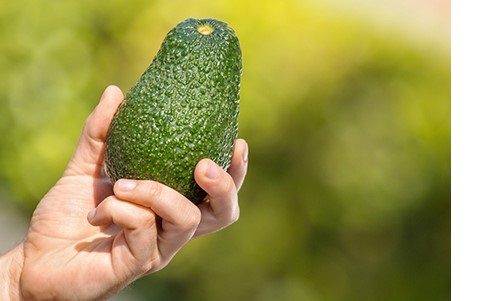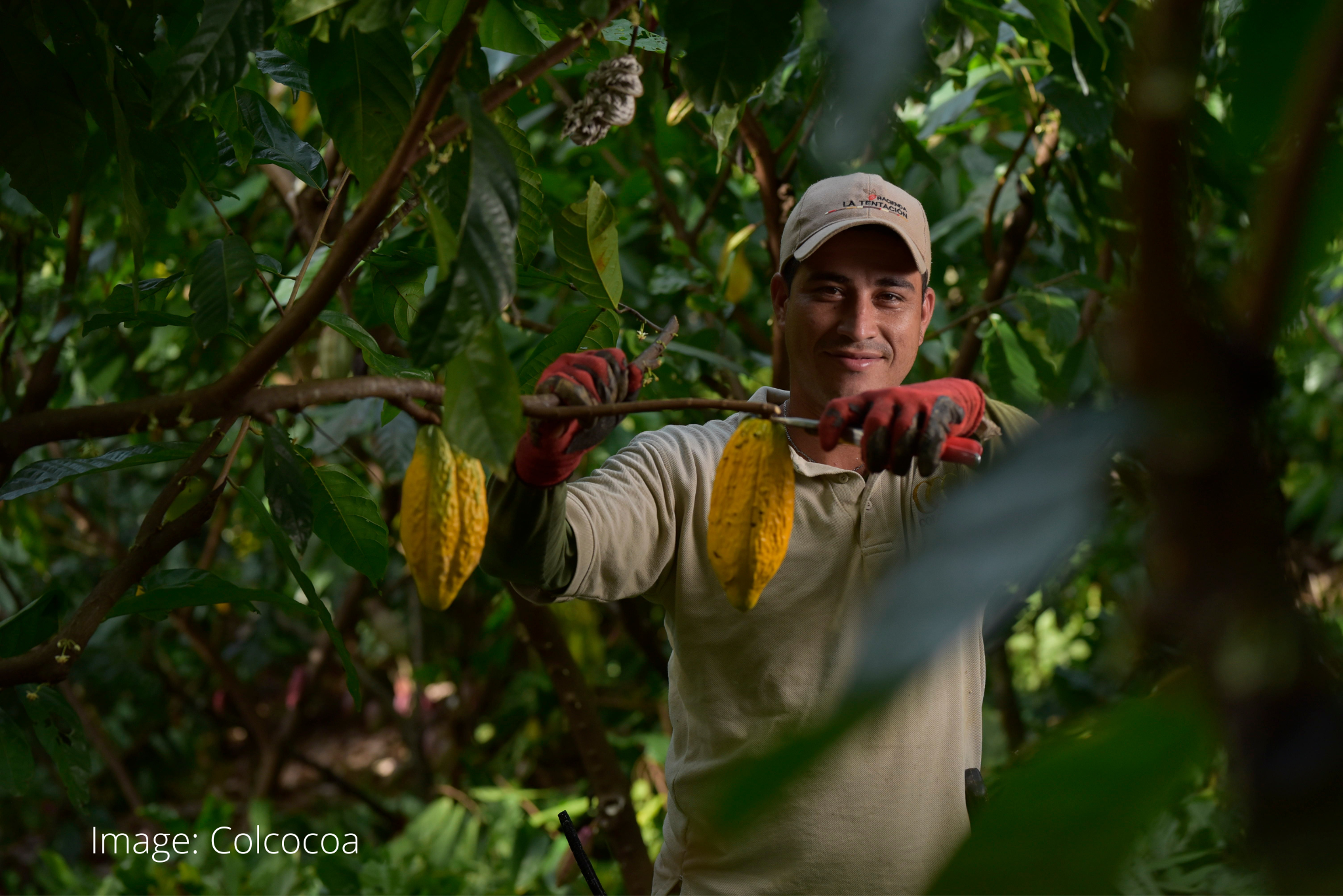Supporting smallholders to thrive in the climate crisis
Smallholder farmers are inextricably linked with the climate crisis. Not only are their livelihoods severely impacted by extreme weather, so is their ability to feed themselves and the communities around them. But they also have a key role to play in conserving the landscapes and environments they farm in.
As nations gather at the UN’s Stockholm+50 event – marking 50 years since the direct link between the environment and poverty was recognised – here are some of the ways our financing is supporting businesses that address the conference’s central theme: a healthy planet for the prosperity of all.
Cocoa and carbon offsetting
Sustainability is at the heart of Colombian cocoa supplier Colcocoa’s mission. Alongside helping farmers to diversify their crops in a coffee-dominated sector – which is crucial when weather patterns and harvests are becoming less predictable – the business is incentivising farming practices that conserve the forests they live and work in. It is also reforesting hundreds of hectares at its Hacienda la Tención farm by enabling companies to offset their carbon footprints by paying for trees to be planted, an innovation which it is extending to its smallholder suppliers to boost their incomes.
 Going green with avocados
Going green with avocados
Organic farming is healthier for the land and for smallholders’ incomes because of the premium prices organic products can command. That’s why avocado exporter and oil processor Olivado is committed to building its organic credentials.
The company runs organic training programmes for its smallholder suppliers, enrolling 800 in 2020 alone, and has a rigorous farm-to-market traceability system in place. This includes teams of field officers who regularly visit farms to offer support and advice on how to meet organic certification requirements.
Olivado is also on track to hit zero carbon emissions through its investment in biogas plants that run off organic waste, including from its own avocados.
Developing thriving ecosystems
Intense storms and long periods of dry weather are becoming increasingly common in many parts of the world, including on the island of Mindanao in the Philippines where most of Kennemer Foods International’s cocoa farmers grow their crops.
To counter the volatility this creates for income of the smallholders, the business launched MinTrees, a reforestation programme that will soon allow farmers to receive payments for carbon credits. It has also brought together 13 communities in the southeast of the island to become the country’s first Reducing Emissions From Deforestation And Forest Degradation (REDD+) project. In practice it means they will receive payments for demonstrably reducing emissions, promoting biodiversity and improving livelihoods.
Growing agroforestry in Africa and Latin America
Farming in partnership with the forest, rather than in place of it, provides long-term prosperity for local communities and preserves the natural landscapes around them. But to compete commercially with short-term drivers of deforestation such as large-scale cattle ranching, crop farming and timber harvesting, smallholders need investment.
The Moringa Agroforestry Fund, which the CFC supports both as an investor as well as its Technical Assistance Fund Manager, invests in businesses that work with smallholders who are farming forests sustainably, by combining trees with agricultural crops and animal husbandry. During the CFC’s investment period, Moringa’s work benefited 12,684 smallholders who sustainably manage 14,984 ha of land.
These are just some of the businesses we are financing that both improve the lives of smallholders impacted by the climate crisis, also adding to their spirit of resilience to fight it back. If you want to find out more about how we work with commodities businesses in developing countries, please get in touch.

